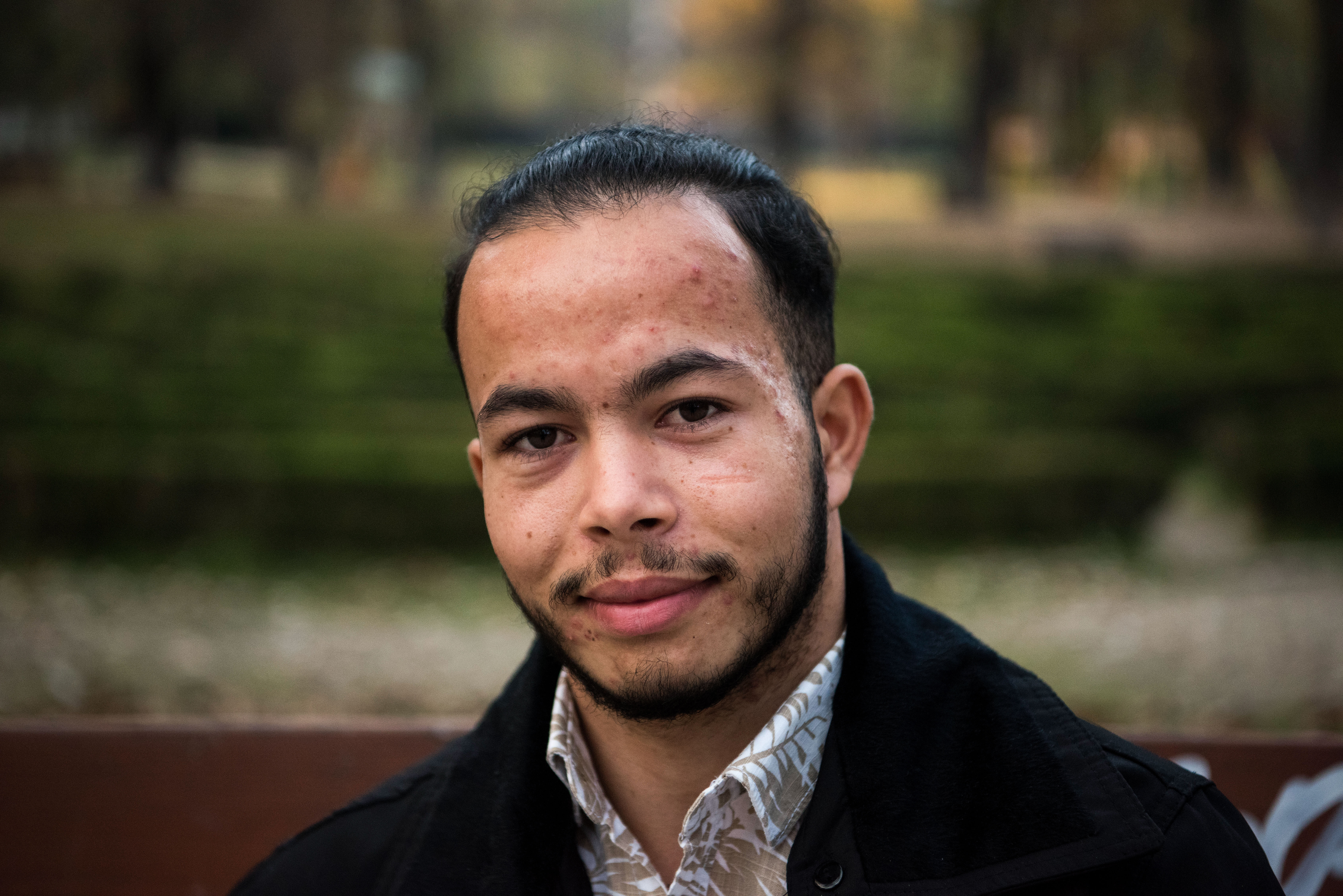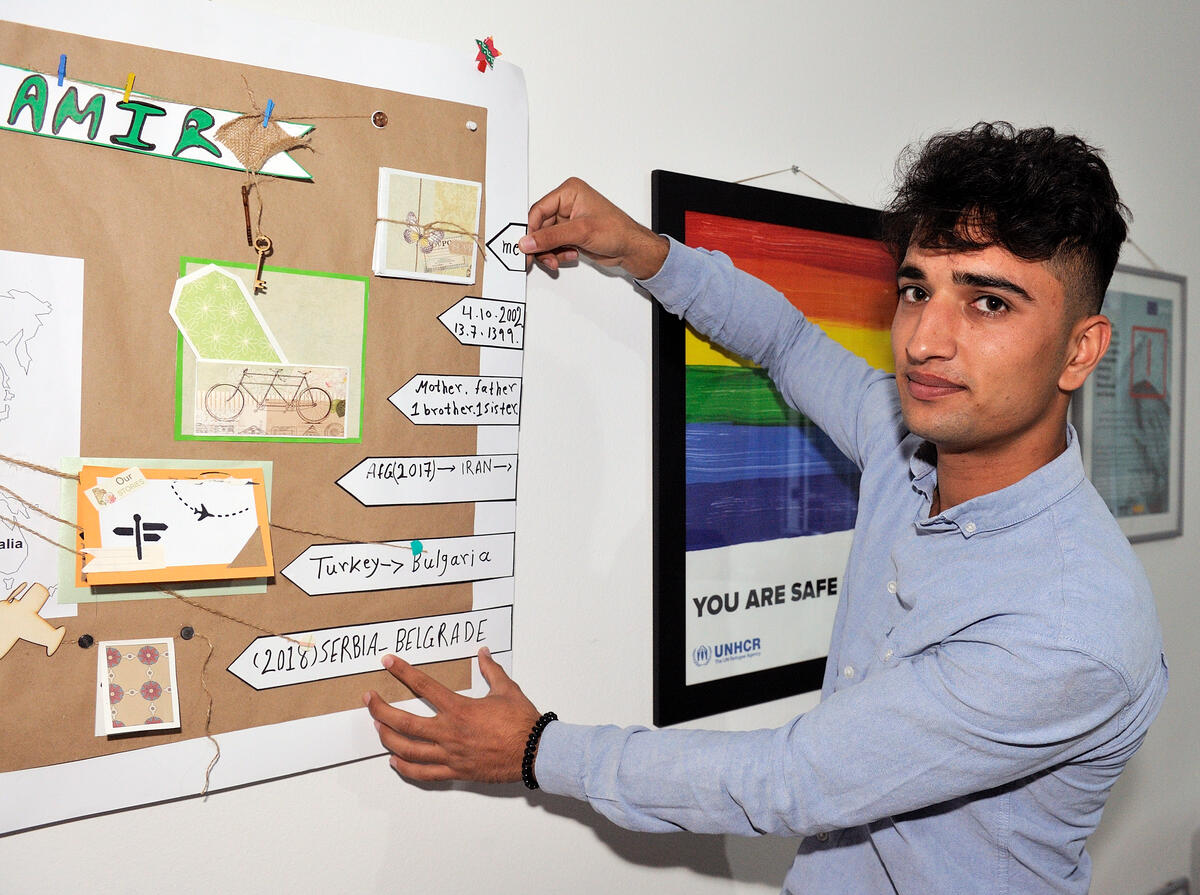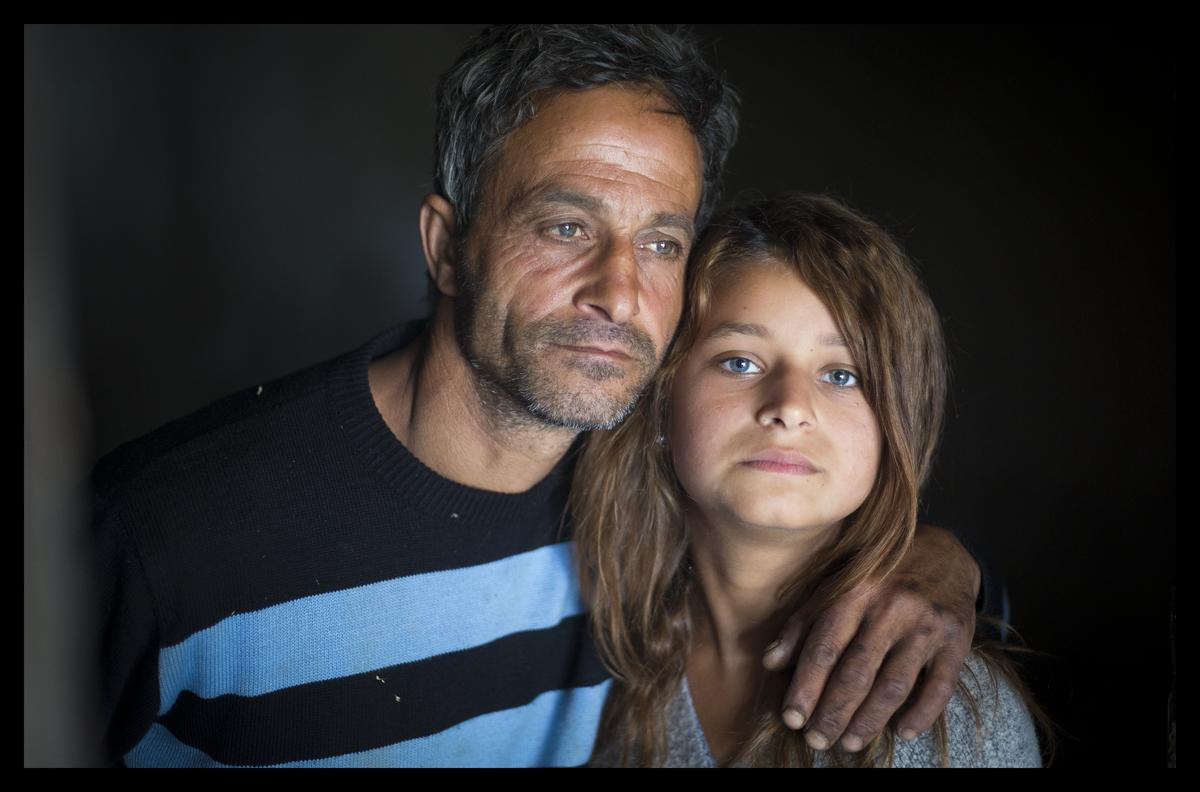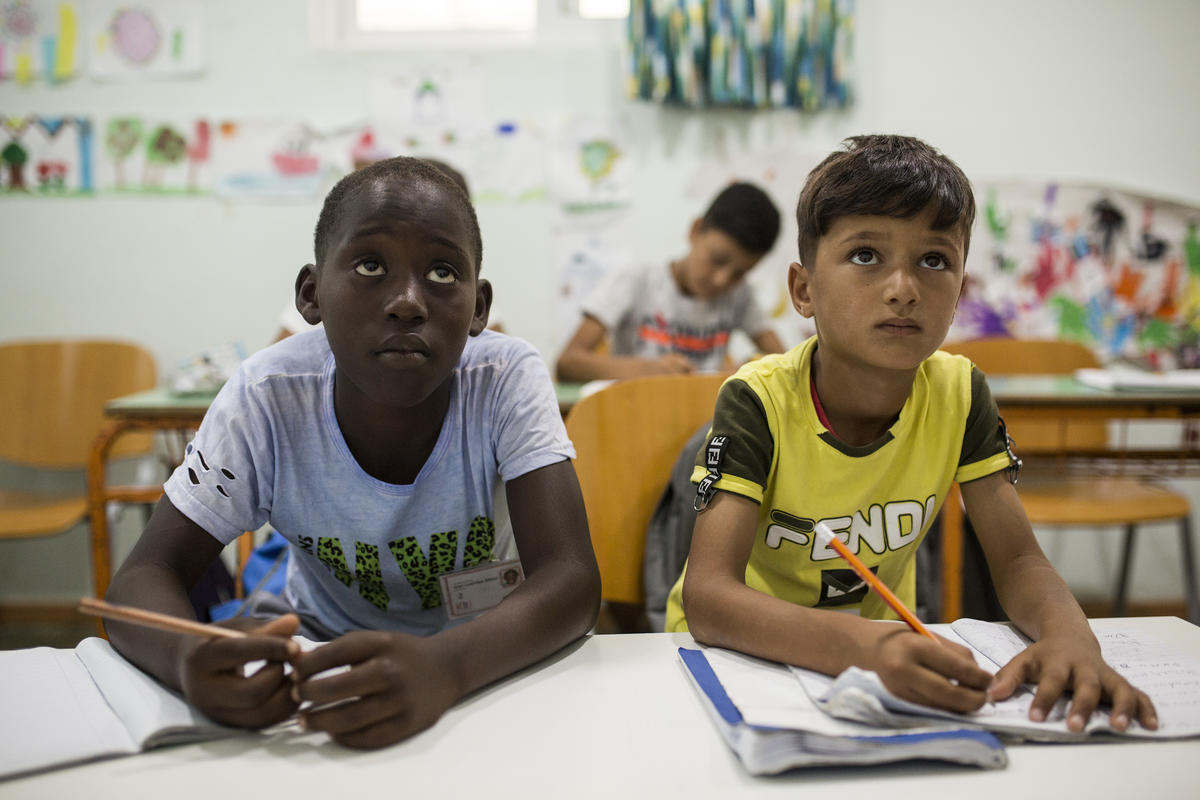Kosovo Crisis Update
Kosovo Crisis Update
UNHCR stepped up its preparations for the return of refugees and displaced people to their homes following reports that Yugoslavia has agreed to a peace plan on ending the conflict in Kosovo.
UNHCR has welcomed Yugoslavia's acceptance of the peace arrangement, announced in Belgrade Thursday, but it stressed that the return of refugees and the displaced will depend on the security situation in Kosovo.
Under the peace plan, UNHCR will take the lead role in the repatriation movement. UNHCR had been coordinating humanitarian assistance in Kosovo until its staff were pulled out of the Serbian province on the eve of NATO airstrikes against Yugoslavia on 24 March. At that time, UNHCR was assisting 400,000 people in Kosovo and nearly 100,000 others in the FYR of Macedonia, Albania and Montenegro.
Even as UNHCR gears up for the return movement, it remains focused on delivering emergency assistance to Kosovars in the asylum countries. Programmes to improve water and sanitation facilities as summer approaches are in full swing; planning for needs during winter both in and out of Kosovo also continues.
News reports Thursday afternoon said Belgrade had agreed to a peace plan brought by representatives of Russia and the European Union. The main points were an end to violence and repression in Kosovo, "verifiable withdrawal" of Serbian troops and deployment under UN auspices of an effective international civil and security force.
Reaction in the refugee camps in the FYR of Macedonia and Albania to Belgrade's reported acceptance of the peace plan was mixed. Some refugees were skeptical, others said they were prepared to return as soon as possible.
An initial gauge of the reaction can be seen from the decreased movement of refugees from the border town of Kukes in northern Albania to the interior under a UNHCR programme prompted by security concerns. An average of 2,000 refugees have been leaving Kukes in the past several weeks for points south, but on Friday, of the 20-tractor wagons which were scheduled to be escorted out by NATO only four showed up.
This week, arrivals in Albania and the FYR of Macedonia fell dramatically after Serbian authorities, in a sudden shift in policy, began allowing only people who have proper documents to leave.
Albania
A total of 165 Kosovar men arrived at the Morini crossing on Thursday hours after they were freed from the Smrekovnic prison outside the northern Kosovo town of Kosovska Mitrovica.
Heavy shelling was reported on the Serbian side of the border, where security forces have been battling the Kosovo Liberation Army in recent days.
The arrivals - between the ages of 16 and 65 - said they had been held captive for two weeks at Smrekovnic until 11 a.m when they were released apparently to make room for 500 to 800 new detainees who were brought in on Wednesday.
The freed men were put on a bus and arrived in Albania through a village called Vernice, three kilometres from the Morini border crossing, where they said they encountered a paramilitary soldier, who came out of a burned out house. He demanded money, but since they had none, he fired his gun in the air and let them through to Morini, from where they proceeded on foot.
The refugees said they originally came from Vucitrn, a town just south of Kosovska Mitrovica. They had no food for the first four hours of their imprisonment and were beaten regularly. They said four men among them were later taken away by police and were never seen again.
Upon their release, they were ordered to sign a paper saying they were "terrorists." One man said that before his capture he had been eating only potatoes. Food was running out in Kosovo and it was difficult to find anything in the shops.
More than 2,000 detainees have been freed from the Smrekovnic jail in the past two weeks.
FYR of Macedonia
For the second time this week, no arrivals were reported through the main Macedonian border crossing at Blace as Serbian authorities enforced a new policy this week of allowing only people with passports to leave.
However, 370 people entered the FYR of Macedonia in two places. Around 300 refugees came in through Tabanovce. All had papers except for one family and UNHCR had to intervene to get them from the no-man's land because one member - a 9-year-old girl - was suffering from appendicitis and had to be taken to a hospital.
Seventy refugees who had no papers came in through the mountains in the Jazince area.
Reports of atrocities in Kosovo continue. Refugees who arrived at Tabanovce from Pristina said that Serbian police were conducting house-to-house searches for people who had taken shelter from the neighbouring villages. Those found were forced to leave. Arbitrary arrests were reported. At Verbica in Gnjilane, a refugee said that on 15 April 11 people, mostly members of her family, were killed by the military. She said she witnessed some of the killings. Refugees from villages in Kosovska Kamenica said soldiers were burning houses and killing civilians. The reports could not be verified.
Republic of Montenegro
Six buses on Thursday transported 375 Kosovars from Kosovska Mitrovica in northern Kosovo to Podgorica and Ulcinj in Montenegro. Hundreds of people from Kosovo have been arriving daily in Montenegro in recent weeks.
The arrivals have strained facilities for the displaced at Ulcinj. The newly opened Pine II camp is now full and arriving Kosovars are stuck at the bus station. UNHCR has contracted a local bakery to distribute 600 loaves of bread each day to the arrivals at the bus station.
Meanwhile, a search for new accommodations continues. One possible camp site identified previously was rejected because it was close to an army installation.
UNHCR has been transporting arrivals at the Montenegrin border town of Rozaje to Ulcinj following increased military activity in the area.
UNHCR-IOM Humanitarian Evacuation Programme
Departures under the humanitarian evacuation programme of UNHCR and the International Organization for Migration totalled 858 on Thursday, bringing the overall count to 76,475.
Destinations were Austria, Germany, Ireland, Switzerland, Turkey and the United Kingdom.
UNHCR has received offers for 137,000 places in 40 countries under the programme.








